Dear review committee,
I am a third year family medicine resident at Kaiser Permanente Woodland Hills in California. I will participate in a medical mission in the Mae Wang district of Thailand from February 9 to 22, 2025. The trip will provide care to the underserved hill tribe stateless communities.
The mission will involve conducting medical health fairs across five villages, providing essential healthcare services, health education, and screenings. Our group will collaborate with local healthcare providers and translators to address the community's immediate health needs and build trust for long-term health improvement. This project will make a significant difference by delivering much-needed medical care to a population with limited access to healthcare, improving their overall health outcomes and awareness.
Sincerely,
Joseph Yasmeh
The project will serve the hill tribe stateless communities in the Mae Wang district, located in the mountainous regions of Northern Thailand. These communities are often marginalized, with limited access to healthcare services due to their stateless status and remote location. By targeting this population, we aim to bridge the healthcare gap and provide critical medical support to those who are often overlooked.
The impact of this mission will be transformative, both for the communities served and for my future career as a family medicine physician.
In these underserved hill tribe communities, our work will directly address critical healthcare gaps, improving immediate health outcomes and laying the foundation for sustained health improvements. By providing essential medical services, education, and medical supplies, we will empower these communities with the tools they need to take control of their health, fostering long-term resilience.
For me personally, this experience will be very meaningful as a young physician. Working in global health settings with populations facing extreme barriers to care will sharpen my clinical skills and deepen my cultural competency. The insights gained will shape my approach to medicine, making me a more empathetic and globally aware physician, dedicated to advocating for health equity throughout my career.
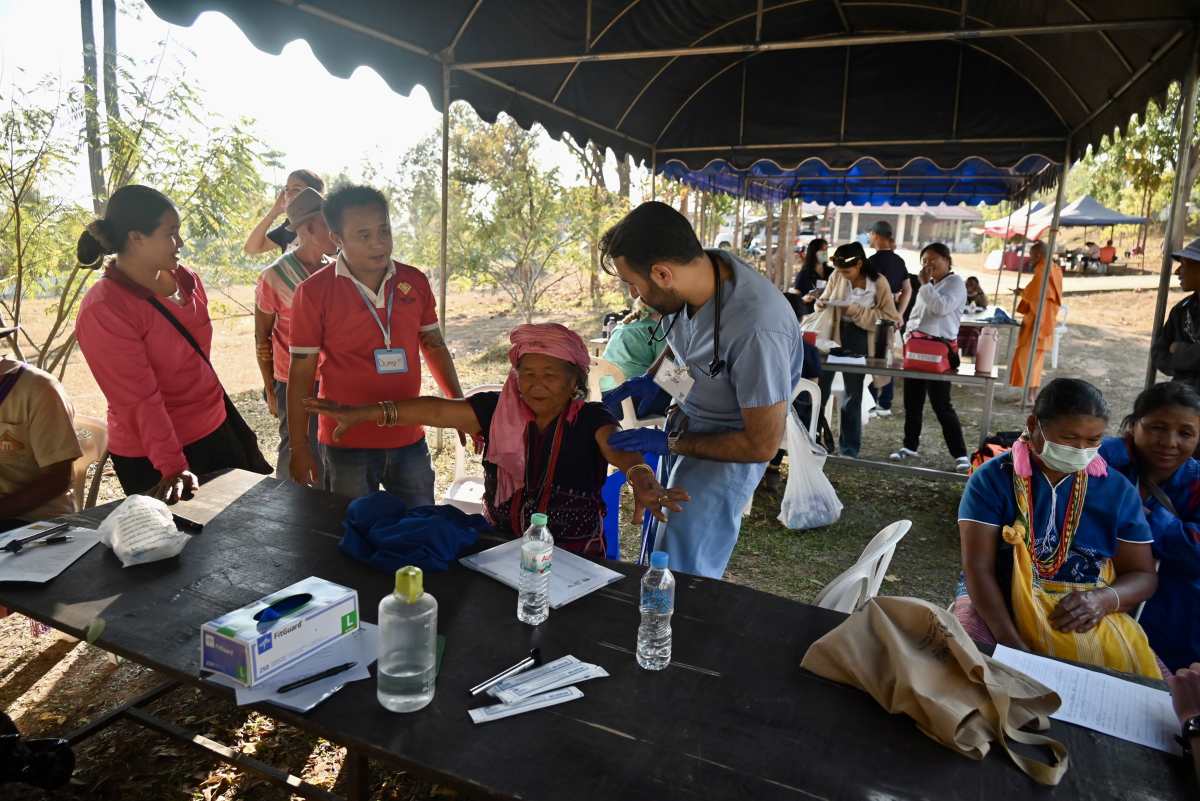


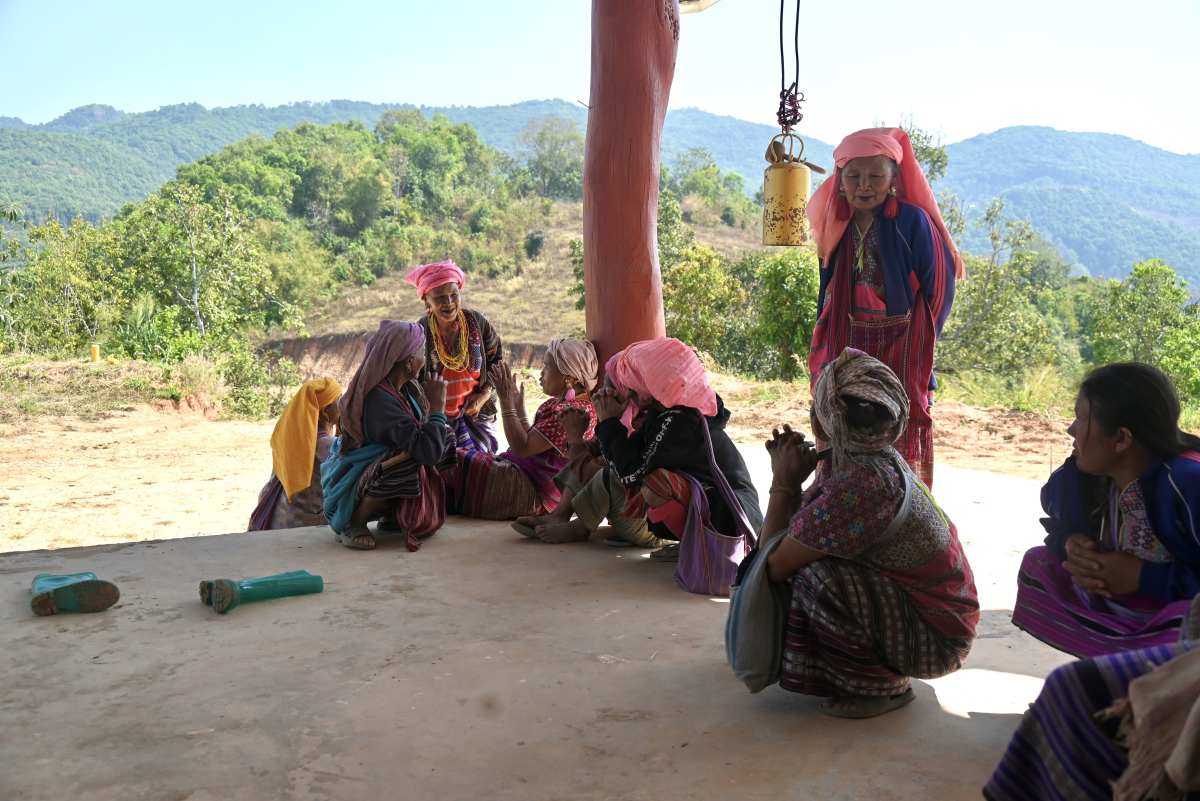
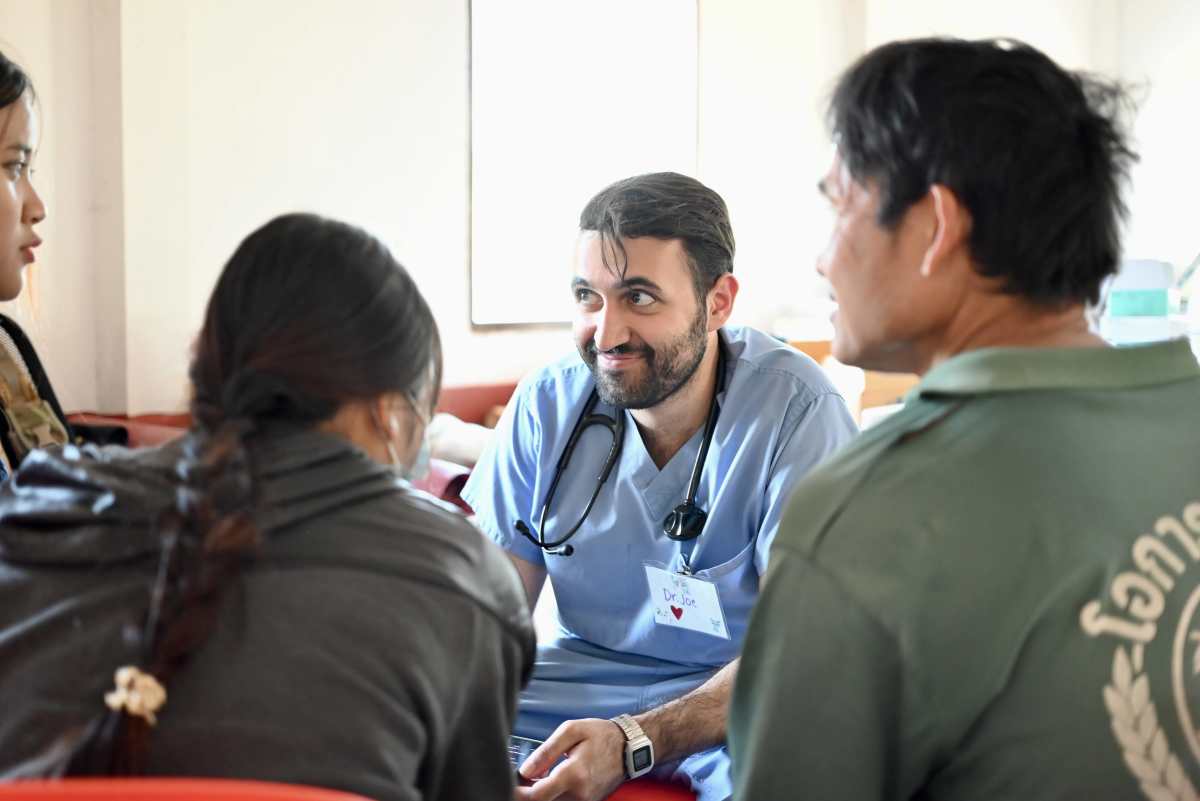




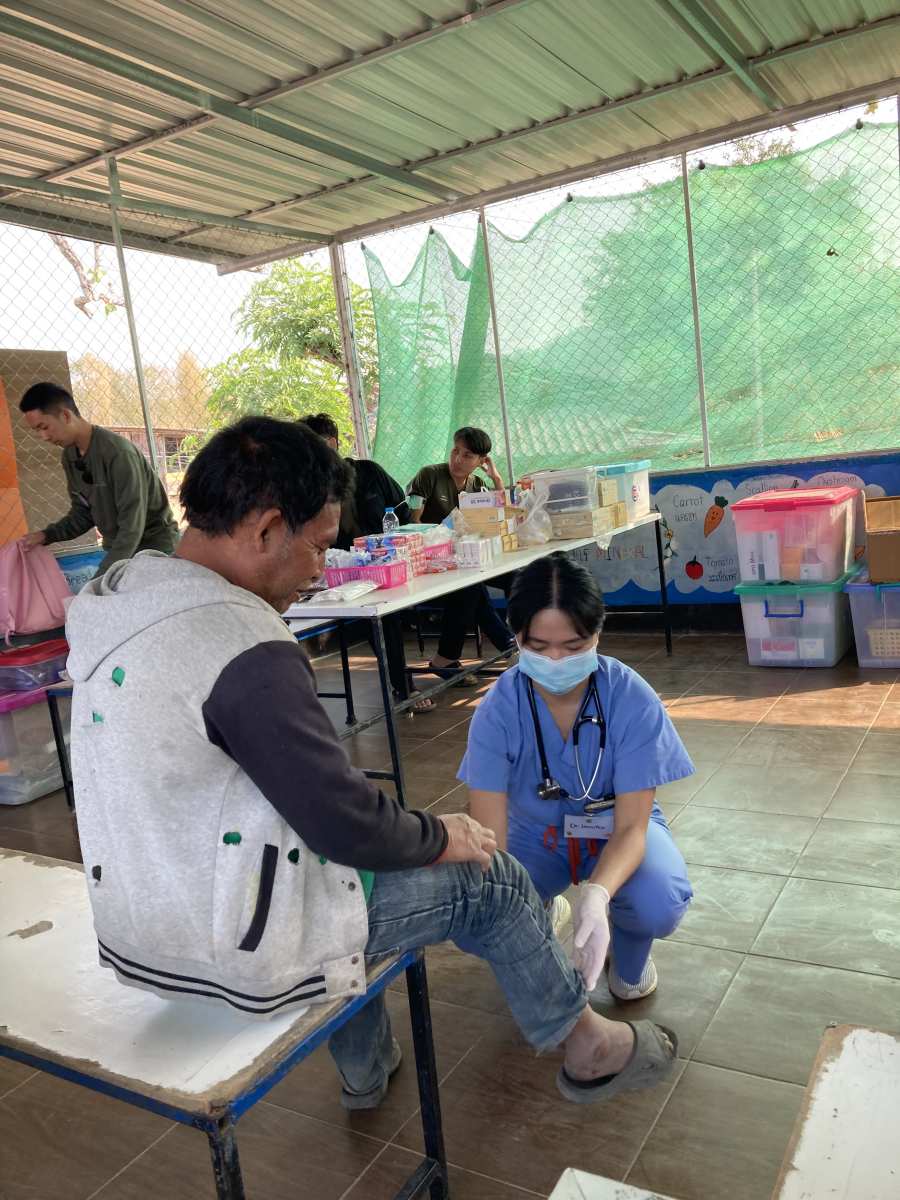
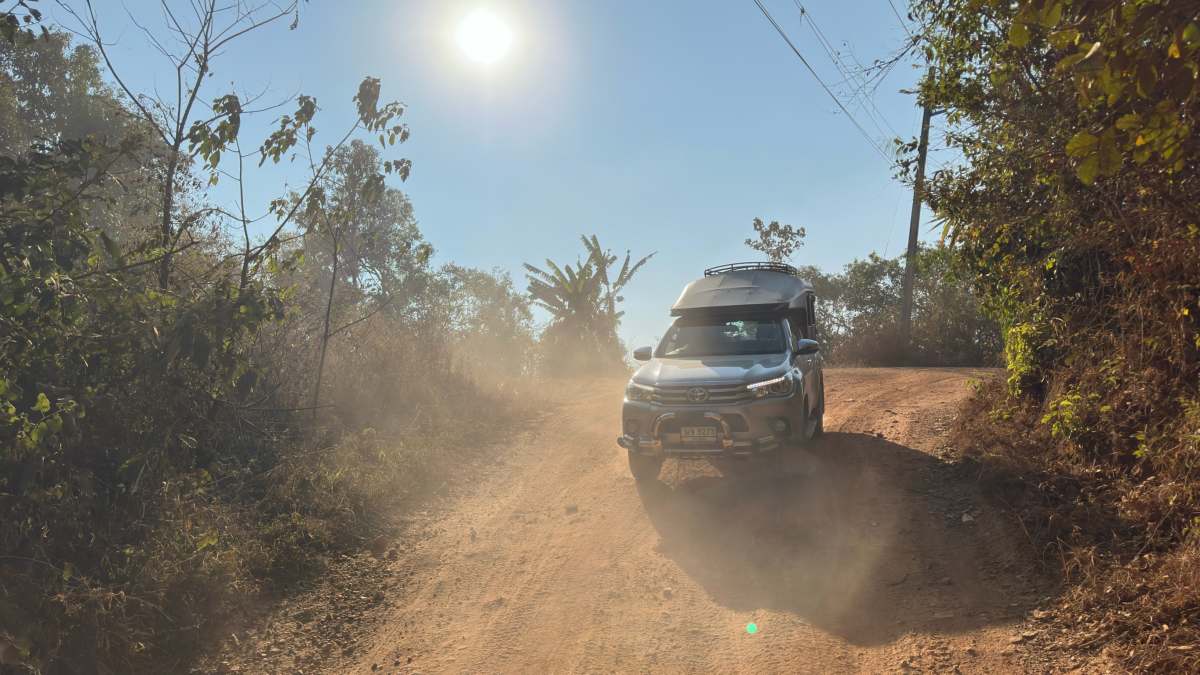
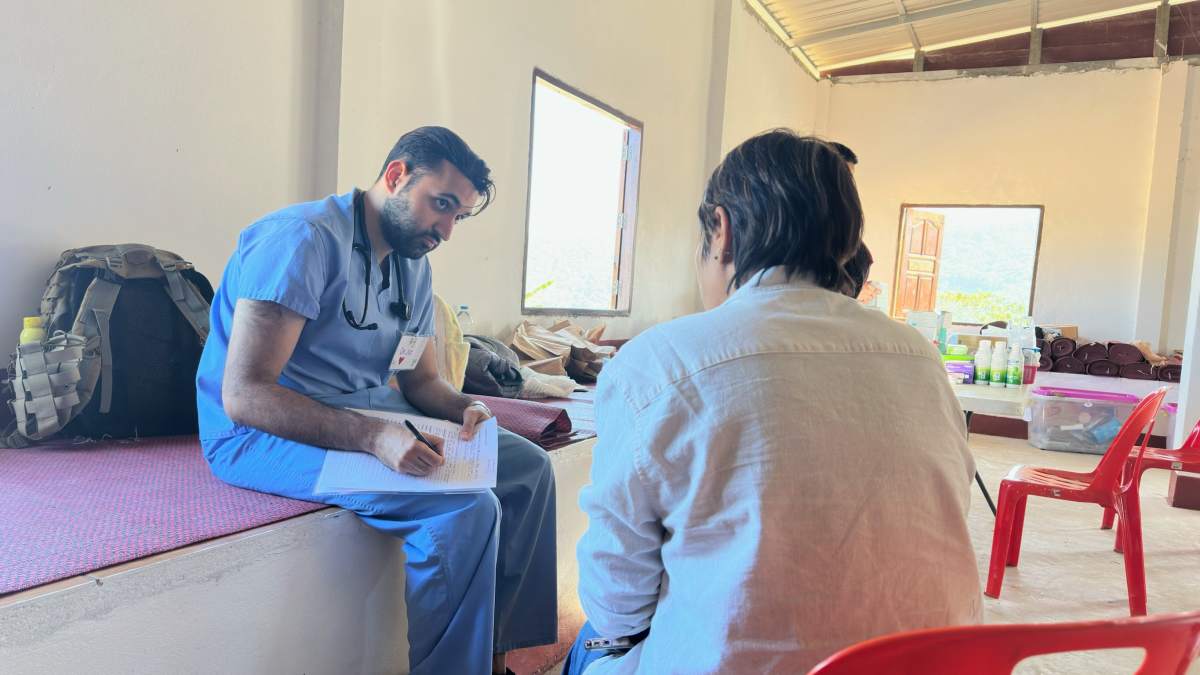


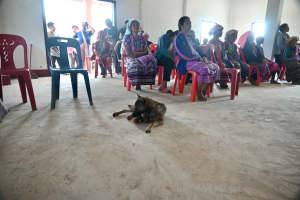









In Omkoi and the surrounding hill tribe villages, we served a community that is often unseen—families living deep in the mountains, where access to basic healthcare can be hours, even days, away. Most were subsistence farmers, rising early to tend rice fields or care for livestock, their lives shaped by the rhythm of the land. We saw patients of all ages: a week-old newborn wrapped tightly against the morning chill, a teenager with acid reflux from a diet rich in chilis, a 40-year-old woman in heart failure from valvular disease, and a 97-year-old man with cataracts who still walks daily to the fields.
Many spoke Karen or other regional dialects. With each translation, we weren’t just crossing a language barrier—we were entering a cultural one. Patients were quiet at first, sometimes hesitant, but as the week unfolded, we saw trust form. Children lined up to have their hair checked for lice. Mothers brought us their babies. Elders came with decades of symptoms they’d long accepted as normal.
We offered what we could: medications, wound care, screenings, education. But perhaps most importantly, we offered presence. We listened. We touched. We treated people who had gone years (or sometimes a lifetime) without seeing a doctor, and the gratitude was often quiet but deeply felt—a long handshake, a bowed head, a soft “thank you” through an interpreter.
The impact wasn’t just clinical—it was relational. We reminded people they hadn’t been forgotten. And in turn, we were reminded why we do this work.